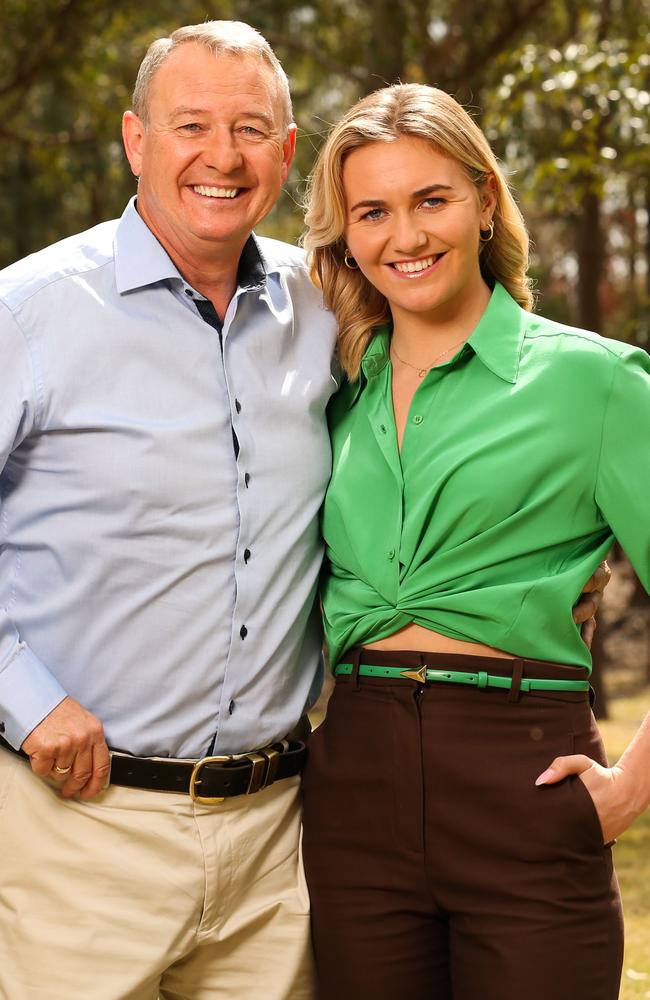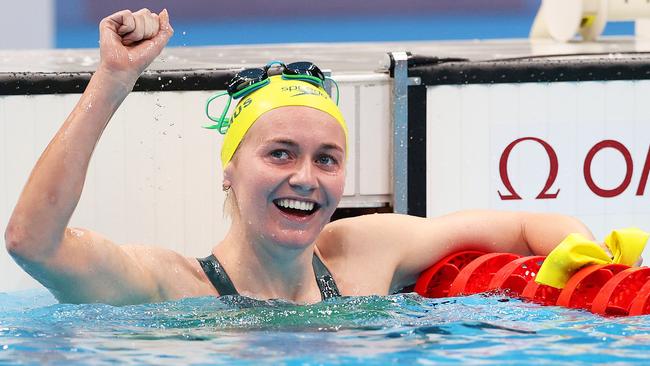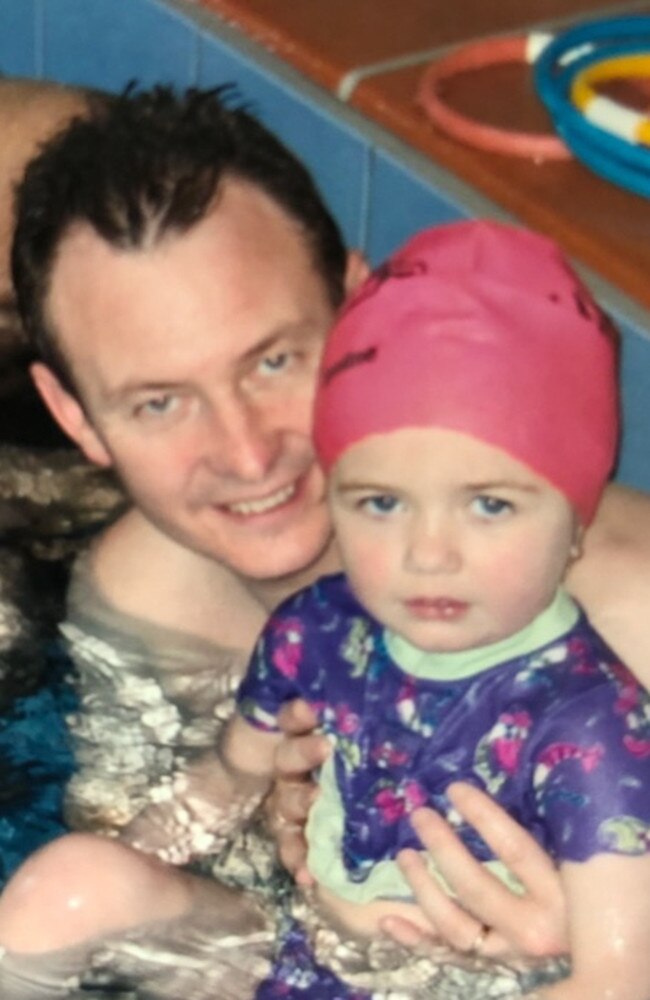Ariarne Titmus’s dad urges mandatory swim lessons in Qld primary schools
It is critical that children and foreign nationals be taught about “wild surf”, experts say, as concerns grow over the nation’s record number of coastal and ocean drowning deaths.
QLD News
Don't miss out on the headlines from QLD News. Followed categories will be added to My News.
The father of an Olympic champion swimmer has called for mandatory swimming lessons in schools amid the deadliest year on record for coastal and ocean drowning deaths.
Ariarne Titmus’s father, Steve Titmus, said mandatory lessons should be taught in primary schools.
“You shouldn’t go to high school unless you have a certificate to swim,” Mr Titmus said.
“It’s crazy in a place like Queensland that it isn’t compulsory.
“It should be part of the enrolment into a school, the fact that you’ve got a certificate and you know how to swim.
“By the time you go into the first year of high school, that should be a logical time that surely you are able to swim.”
Education Queensland’s website says schools are encouraged to include water safety and swimming as part of the delivery of the Australian curriculum.

Mr Titmus said when he was growing up at school, it was compulsory.
“Back in Tasmania, it was if you didn’t want to participate in the weekly swimming lessons, you had to have an incredible excuse why you weren’t able to go swimming,” he said.
“We found very few children got out of learning to swim. Every year we had swimming carnivals which were compulsory to compete.”
Data obtained from Surf Life Saving Australia revealed 141 people drowned at Aussie beaches in 2021-22, the highest number of deaths since records began in July 2004.
“It’s infuriating to think there are people who are going swimming on Queensland beaches who as a youngster never learnt to swim,” Mr Titmus said.
“It’s staggering.”
This comes amid calls for surf safety warnings to be played on flights into Australia and for tour operators to give “stronger lectures” about surf conditions.
“I think hotels as well on the Gold Coast and Sunshine Coast need warnings in their foyers and need with their reception staff to promote how heavily it is to go in the ocean if you can’t swim,” Mr Titmus said.
“It shouldn’t be taken lightly that you can hop into an ocean and swim.”

Surf Life Saving Australia lead researcher Jaz Lawes said traditionally young men aged 15 to 34 were the highest-risk demographic.
”But we are seeing more and more the number of drowning deaths increase in older demographics, particularly 25 to 39 year old and 60 to 69 year old men,” Ms Lawes said.
“In 2021-22, we saw a much flatter drowning profile, with coastal drowning occurring fairly consistently across most age groups between 25 to 74 years of age.
“In general though, men aged 20 to 39 years account for one in three coastal drowning deaths (30 per cent).”
Ms Lawes said with about 52,000km of coastline and almost 12,000 beaches nationally, it was essential for beachgoers to be aware of potential hazards.
“If you are unable to swim at a patrolled beach, then it is essential to minimise the risks posed to you and your loved ones by knowing where you are going, what your limitations are and what to do in case of an emergency,” she said.
Asked whether SLSA would support surf safety warnings on flights into the country, Ms Lawes said “absolutely”.

“Virgin does promote surf and water safety messages on both domestic and international flights,” she said.
“Other airlines have also indicated they would be happy to consider something, although not engaged currently.”
Since December 1, 19 people have drowned on Aussie beaches, outside of patrolled areas or hours.
According to SLSA, rips remain the No. 1 hazard on Australian beaches.
There are a staggering 17,000 rip currents around Australia on any given day, with one in three adults unable to identify one.
But almost 50 per cent of drownings in Australia are foreign nationals, a figure that has prompted calls for more education around water safety, particularly in Queensland.
Griffith high-performance swimming squad coach and Australian Olympic coach Michael Bohl said he had worked with strong swimmers who had also become “fatigued” by the “ferocity of the ocean”.
Mr Bohl said it was particularly important for young children, as well as foreign nationals, to be taught about the “wild surf”.
“We have a huge coastline in Australia and unfortunately we don’t have the manpower to have lifesavers everywhere but those red and yellow flags are certainly the best place to swim if you want to come out alive,” he said.

Royal Life Saving Society Australia chief executive Justin Scarr said the lack of swimming ability in children did have an implication in terms of some of the drownings seen across the Christmas period.
“Last year we saw a 30 per cent increase on drowning,” he said.
“(During Covid) people weren’t able to swim and recreate, so it is probably likely that their swim skills were generally lower.
“All of that, combined with flooding last year, resulted in a pretty horrendous year.
“But this summer we have also seen significant amounts of drowning, particularly across the Christmas/new year period and in a range of locations including rivers, lakes and dams.”
Asked about the death of two foreign nationals at Queensland beaches, Mr Scarr said “surf safety warnings, particularly in Queensland, have been first class; you can’t check into a hotel across the Sunshine Coast or Gold Coast without seeing a council-supported or government-supported surf safety message”.
Mr Scarr said tour guides also needed to be giving “strong lectures about safe swimming behaviour and locations”.




